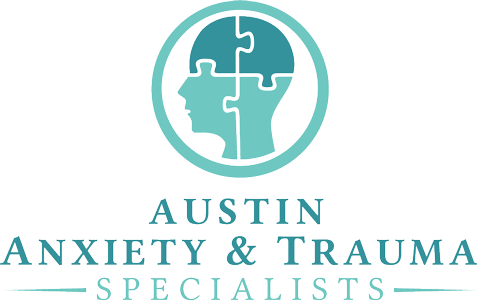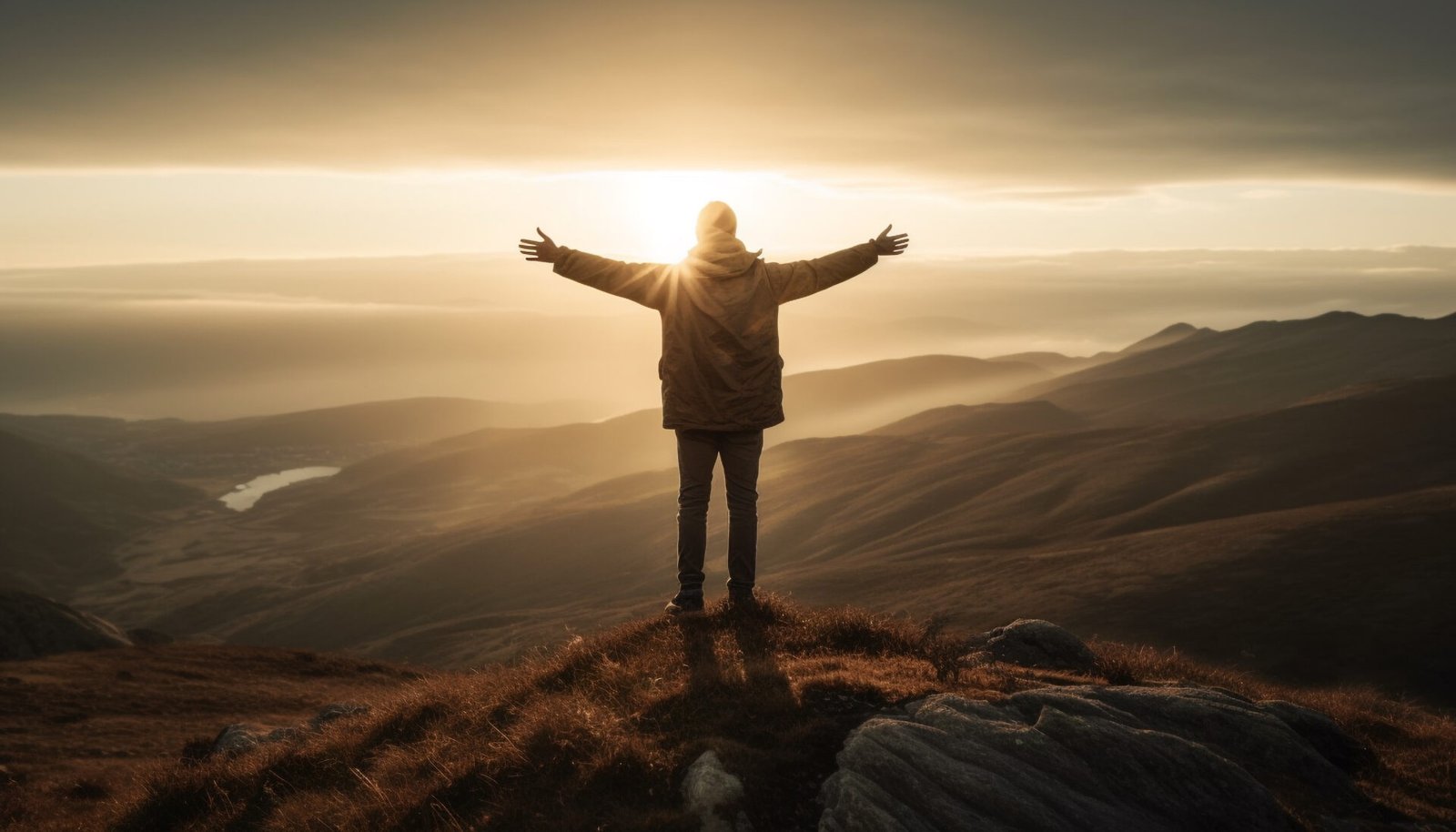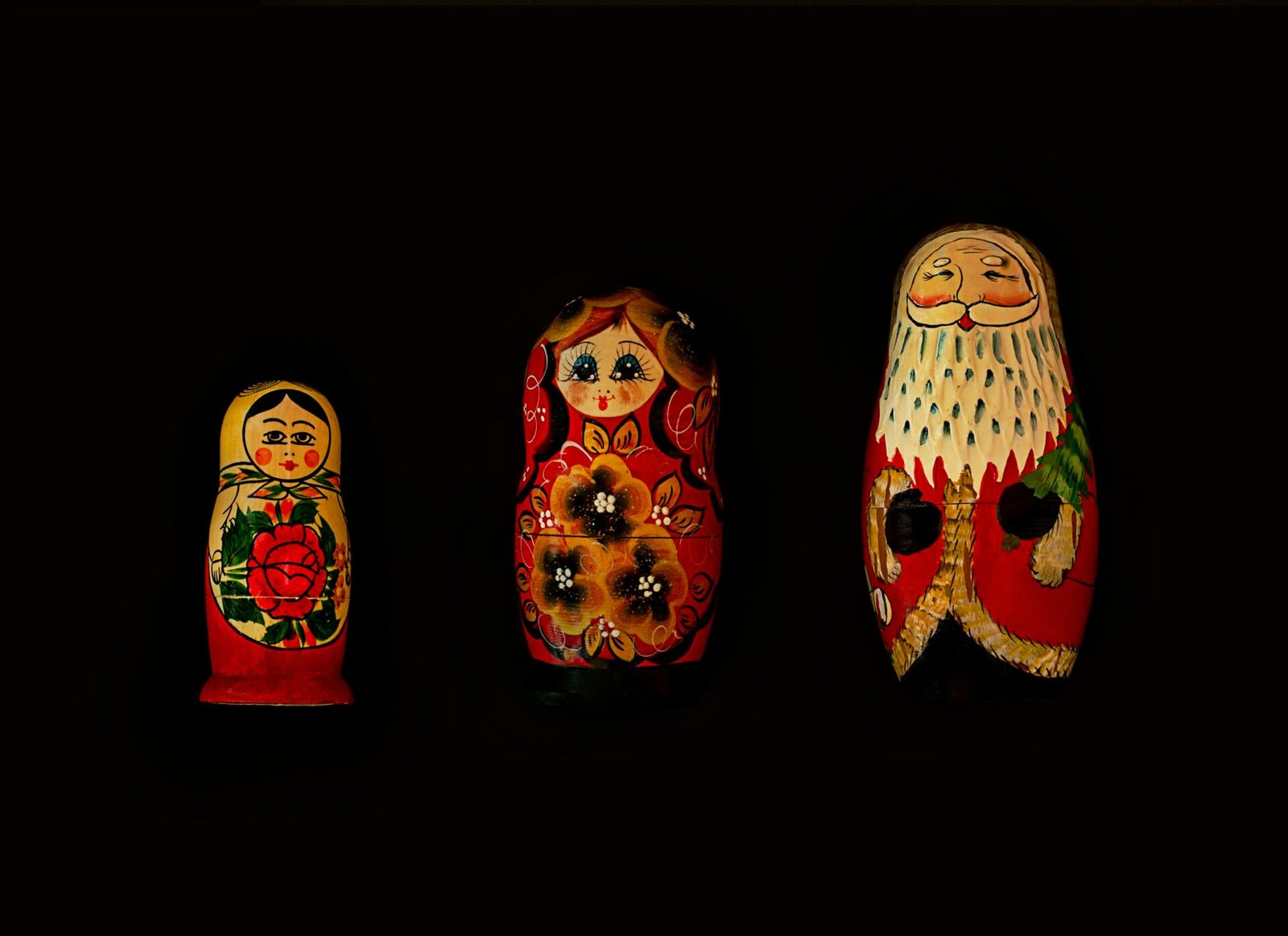Dating has never been easy. While dating apps surely had their time to help foster connections, especially during the pandemic, we may (finally) be collectively over them. According to a Pew Research poll, 45% of people are frustrated with dating apps, contrasting a 28% who still feel some hope. It’s no surprise there’s been a shift away from dating apps, with many users trying to escape their on and off again relationships with Tinder and OkCupid.
Dating used to be about getting to know someone new and starting a romantic relationship with them. We’d rely on our friends and family members to set us up with someone they felt would be a good fit for us. Now, we leave our setups to the algorithm. Despite dating apps like OkCupid that use detailed questions designed to find a match best suited to us, meeting the “right one” has only gotten harder.
Many of us long for that spark that tingles down our spine as we sit across from our date, but nowadays we’re more often than not stuck swiping left and right over our toilet, possibly losing feeling on our legs. Not very cutesy, is it?
Keep Reading: A Love Letter to People Pleasers
How Did Dating Turn Into A Game?
The gamification of dating has become a consistent part of our dating reality. Apps have turned dating into a social game, akin to a video game with real “losses” and “wins”. Receiving matches sends a rush of validation, and a short burst of dopamine to fuel your tired mind throughout the day.
Dopamine is a neurotransmitter—a chemical messenger in our brains that influences how we experience pleasure and reward. It also plays a key role in motivation and can influence how we seek pleasure. Much like when we get from securing a match with that attractive person we’d been waiting to swipe right, dopamine can release at the mere anticipation of getting a match. As such, swiping in anticipation, even without receiving a lot of matches, can feel just as good as a match. This feeling can quickly become addictive.
The game may seem harmless at first, but it’s heavily affected our dating habits. With more emphasis being placed onto profiles, we’re forced to make snap judgments about a potential match based solely on six pictures and a short bio, if we’re lucky. While physical attraction factors in an important part of selecting a partner, it’s hardly a way to discern a genuine connection. Dating apps leave us to figure out who someone is based entirely on their profiles, often leading to an idealized version we created of who we want them to be before the first date.
We’re setting ourselves up for failure by dating a fantasy, until we realize, much to our disappointment, that they’re not who we hoped they’d be.
While 42% of Americans feel dating apps have made it easier to find a long-term partner, about a third say it makes no difference. This is largely due to how dating apps create an illusion that there is always someone better out there, if you look hard enough. Even when we’ve made it to a date, the seemingly endless pool of candidates apps like Tinder and Okcupid create, make it harder to work towards a connection. Instead, we’re already thinking about the other matches on our list and how they could compare.
Paired with the addictive rush we get from swiping and getting matches, this illusion pulls us right back into a game that thrives on our dissatisfaction. Dating apps rely on our nightly need for a doom scroll and for those of us chronically online, it can feel like our only choice.
Keep Reading: Harnessing Mindfulness: Breaking Free From Doomscrolling
How to Date Mindfully
There are plenty of strategies to help you practice mindfulness to improve your dating experiences. Mindfulness, the practice of observing one’s present feelings and emotions and naming them without judgment, can help you relieve some of the anxiety surrounding dating.
Some of these strategies include: Setting a Goal
Try to establish some clarity before you start dating about what it is you’d like the outcome of your dating experience to look like. This will help you stay conscious and proactive about who you date.
Staying True to Yourself
Think about your interests, values and goals. Often, meeting someone through a friend or through an environment you enjoy can lead to positive dating experiences. Spending time in places that reflect you may help you find someone that aligns with your common interests and values.
Being a Good Listener
Make your date feel appreciated by showing interest and really listening to what they have to share. Active listening isn’t just about hearing what they have to say, it’s about asking questions, seeking clarification when you don’t understand and observing cues in their body language.
Setting Boundaries
It’s good practice to have a framework of boundaries that help you decide if someone is right for you or not. Only you know what works best for you. Stay present and take note of how you feel when you’re around them, as you can learn a lot about yourself and what your needs are.
Reflecting on Rejection
When you’re feeling burned out or have been struggling with dating for a while, it’s easy to fall into a negative line of thinking. If you’re mindful of noticing your burnout, you can avoid putting yourself under any more unnecessary stress. Consider taking a gentle break from dating until you feel ready to try again.
It’s also important not to take rejection personally. While it’s okay to feel sad or disappointed, remember not everyone will be a match. You deserve to be chosen joyfully and by letting go of someone who isn’t a right fit, you can make space for someone who is.
Keep reading: 8 Ways to Incorporate Mindfulness Into Your Daily Life
Mindful dating offers an opportunity to learn more about yourself and grow through your experiences.
Pursuing connections, without the security of dating apps, can feel daunting. It’s going to take a little bit of bravery and a step outside our comfort zones to push past the search for the “perfect partner”. So often, we’re so focused on this perfect match that we forget meaningful connections are forged through effort, patience, and empathy.
As you take things IRL, you might feel you’re putting your heart at risk. It’s okay to be nervous, especially when you try something different. Dating can be a rewarding experience full of growth and self-discovery. If you find that taking the first steps towards more mindful dating practices gives you anxiety or you struggle making meaningful romantic connections, professional support can make a significant difference in your life. Book a free consultation with us at Austin Anxiety and Trauma Specialist to explore how we can help you take control of your love life. It can get better. We can help.






